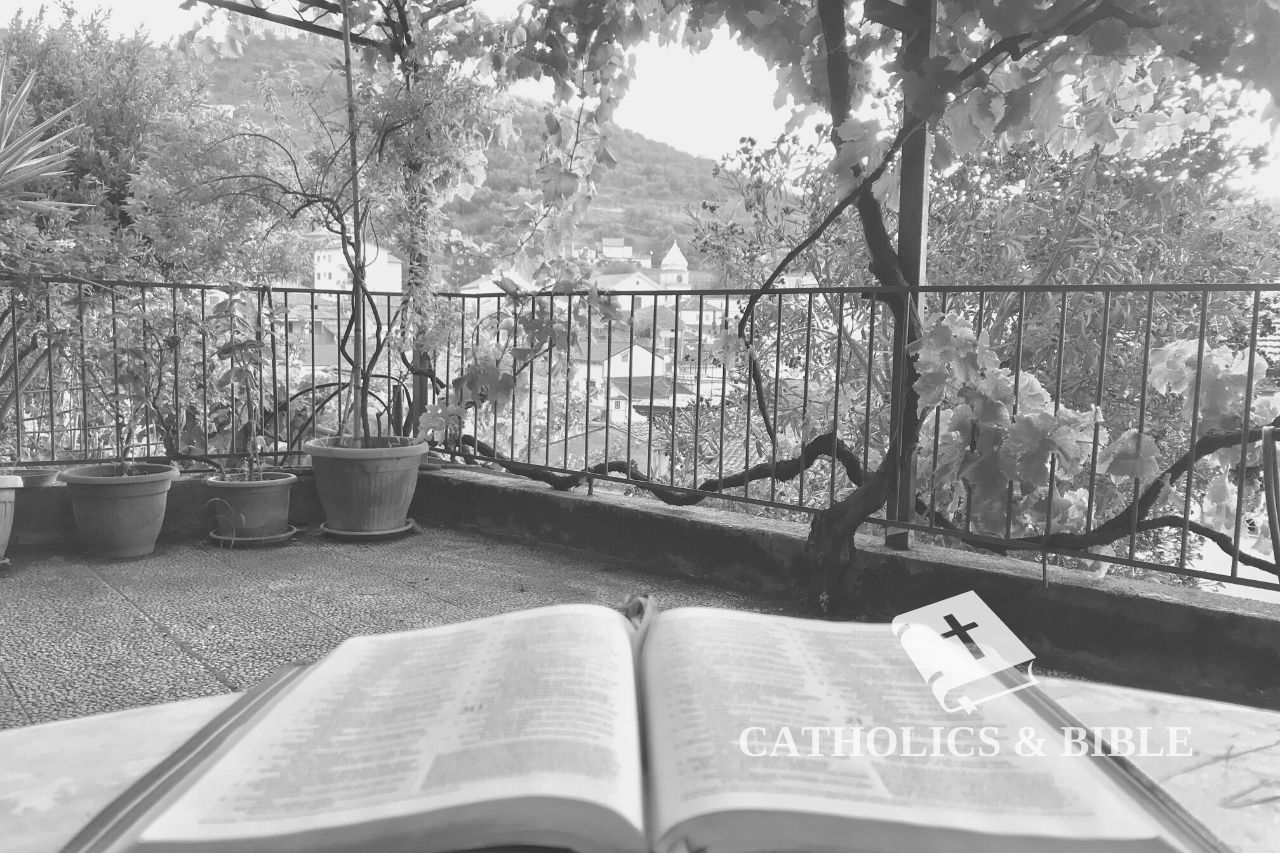In the Bible, the principle of reaping what we sow is embedded in almost every book and chapter. Those who sow discord, reap discord and those who sow faithfulness and generosity, reap the same. The ground where the sowing happens is the garden. Beginning with the Garden of Eden where God placed Adam and Eve, the Bible has used the word garden to convey different meanings to our physical and spiritual lives.
In this article, we shall learn what the scripture says concerning gardens and their deeper meaning.
What You'll Learn Today
A Symbol of God’s Restoration

The prophet Amos, who is one of the 12 minor prophets, was active between 760 to 755 BC. His ministry spanned the rulership of both King Uziah of Judah and Jeroboam II of Israel.
As part of his prophesy, he foretold both the destruction and the restoration of the Northern Kingdom of Israel.
In Amos 9:14, the Bible says,
“and I will bring my people Israel back from exile. They will rebuild the ruined cities and live in them. They will plant vineyards and drink their wine; they will make gardens and eat their fruit.”
This prophecy was important because while in exile, the Israelites worked but they did not benefit much from the fruit of their labor. They used to work for their masters in exchange for food and other provisions necessary for survival.
Speaking about restoration, Amos made it clear that the Israelites will work their own gardens and benefit from the proceeds of their farms. This was a message of hope.
A Symbol of God’s Divine Inheritance
When the children of Israel went into captivity in the land of Egypt, they suffered under the hand of their enemies.
Inasmuch as they entered under the shadow of Joseph who was then the Prime Minister of the land, seasons changed, and they were exposed to torture and abuse.
At some point when the afflictions were many, they cried to the Lord for intervention, and he heard them.
God remembered the promise that he had given Abraham and the descendants that would come after him. In Deuteronomy 11:10, God tells the Israelites that
“The land you are entering to take over is not like the land of Egypt, from which you have come, where you planted your seed and irrigated it by foot as in a vegetable garden.”
This meant that God was giving the Israelites their inheritance which was a massive land greater than the gardens they had in Egypt.
A Symbol of God’s Creation and Positioning
The Book of Genesis begins with a beautiful story about the creation of the world and how God planned the universe. It also details how he created man and positioned him at his place of assignment. In Genesis 2:8, the author says,
“Now the LORD God had planted a garden in the east, in Eden; and there he put the man he had formed.”
According to the plan of God, the garden was part of his beautiful creation that was meant to sustain man as he carried out his divine assignment.
God is a forward planner, and he always puts in place the infrastructure before bringing on board life to be sustained by it.
The garden of Eden was not only a source of food and sustenance, but also provided the environment where Adam and Eve (here’s our article on how tall they were) could fulfill their assignments.
A Symbol of God’s Grace
The Prophet Isaiah who lived around the eighth century BC, prophesied about the plan of God to free his people, and take them back to their land where they would begin a new life.
He emphasized that we serve the Lord of history and his plan for mankind is still intact. In the Book of Isaiah 58:11, the Bible says,
“The Lord will guide you always; he will satisfy your needs in a sun scorched land and will strengthen your frame. You will be like a well-watered garden, like a spring whose waters never fail.”
God is gracious to mankind not because of the righteousness of man, but due to the faithfulness of God. Even in areas where we do not deserve to be favored, God’s grace always shows up.
In the verse of scripture above, Isaiah is clear that this is a sun-scorched land which means no one would expect a garden to flourish. God’s grace supersedes all natural boundaries.
A Symbol of Righteousness

The prophet Isaiah more than any other prophet spoke about righteousness and the choice between evil and good.
He laid a foundation through symbols of what it means to live a righteous life. According to his prophecies, righteousness as opposed to sin is what would make man to be reconciled back to God.
In Isaiah 61:11, he makes an interesting comparison which serves as a symbol of righteousness and praise. He says,
“for as the soil makes the sprout come up and a garden causes seeds to grow, so the sovereign Lord will make righteousness and praise spring up before all nations.”
Isaiah was likening soil and a garden to the infrastructure that is necessary for the sprouting and growing of seeds.
In the same verse, he speaks of righteousness and praise springing up just like the seeds of the garden. This righteousness will be visible to all nations.
A Symbol of Love and Affection
In the Song of Songs, Solomon puts forward one of the greatest poetic books in the Bible. He speaks of love which has been interpreted as the love between God and man.
However, the expression is that of a man and his lover. For instance, in Song of Songs 4:15, Solomon writes this to his beloved,
“You are a garden fountain, a well of flowing water streaming down from Lebanon.”
The garden fountain is symbolic of the youthfulness and beauty of the beloved in the eyes of Solomon. It speaks of the freshness of love and the desire of the beholder to keep on admiring the beauty of the fountain.
Conclusion
All through the New and Old Testament, the Bible talks of divine concepts and expressions using words that are simple and relevant.
The garden has been mentioned from Genesis all through to Revelation and in each of the context, speaks to the situation at hand to give a lesson and meaning to the targeted audience.
God bless.thank you